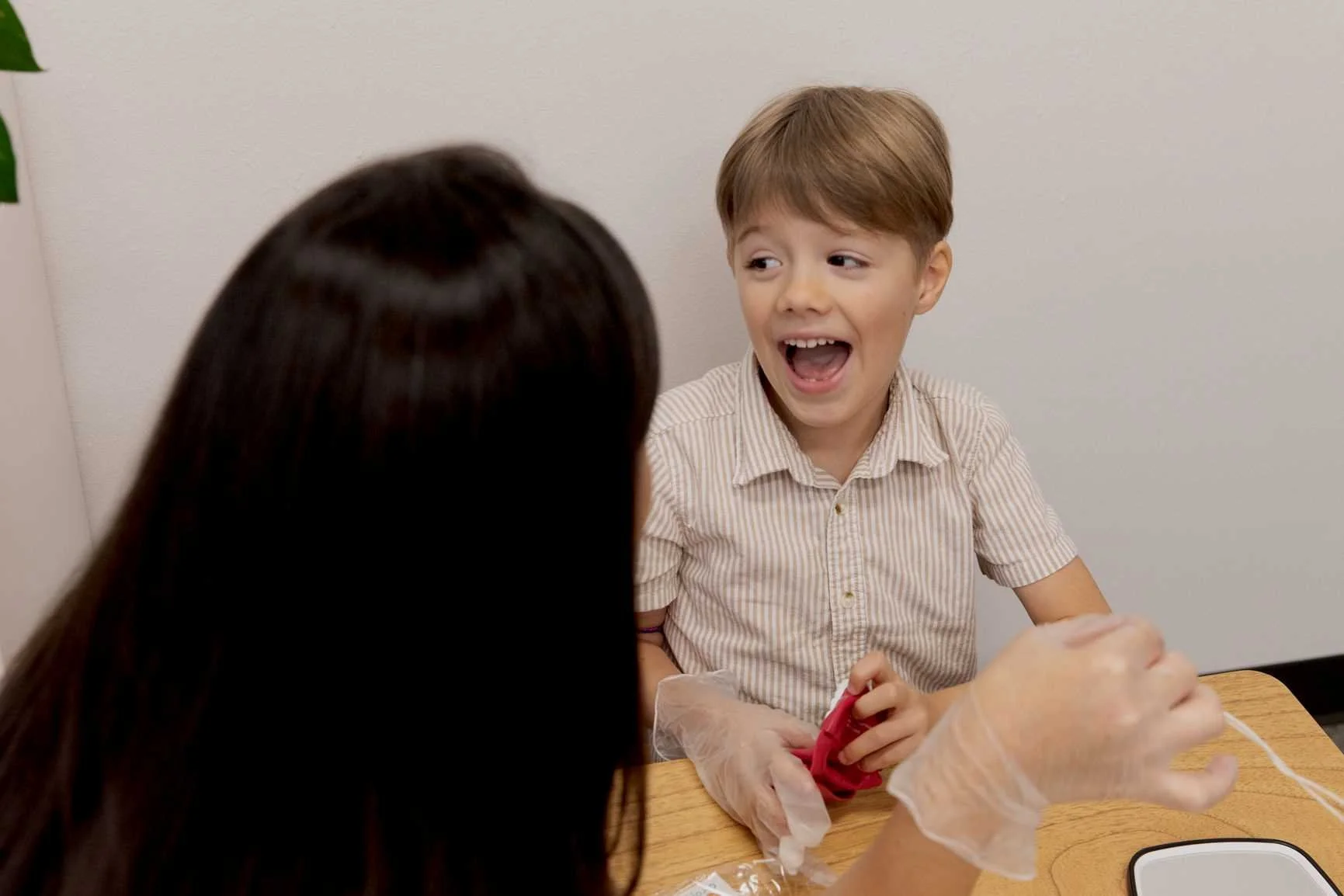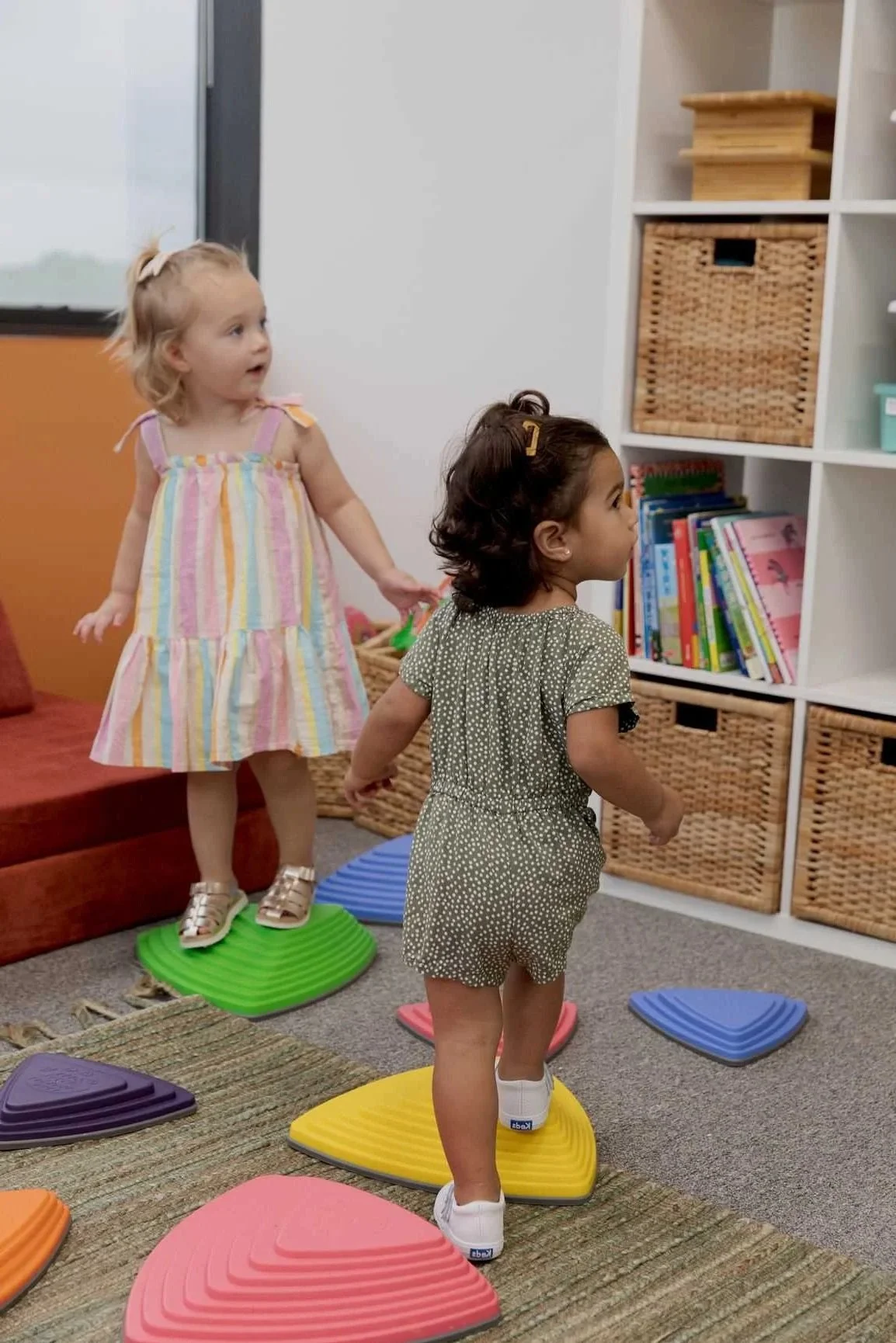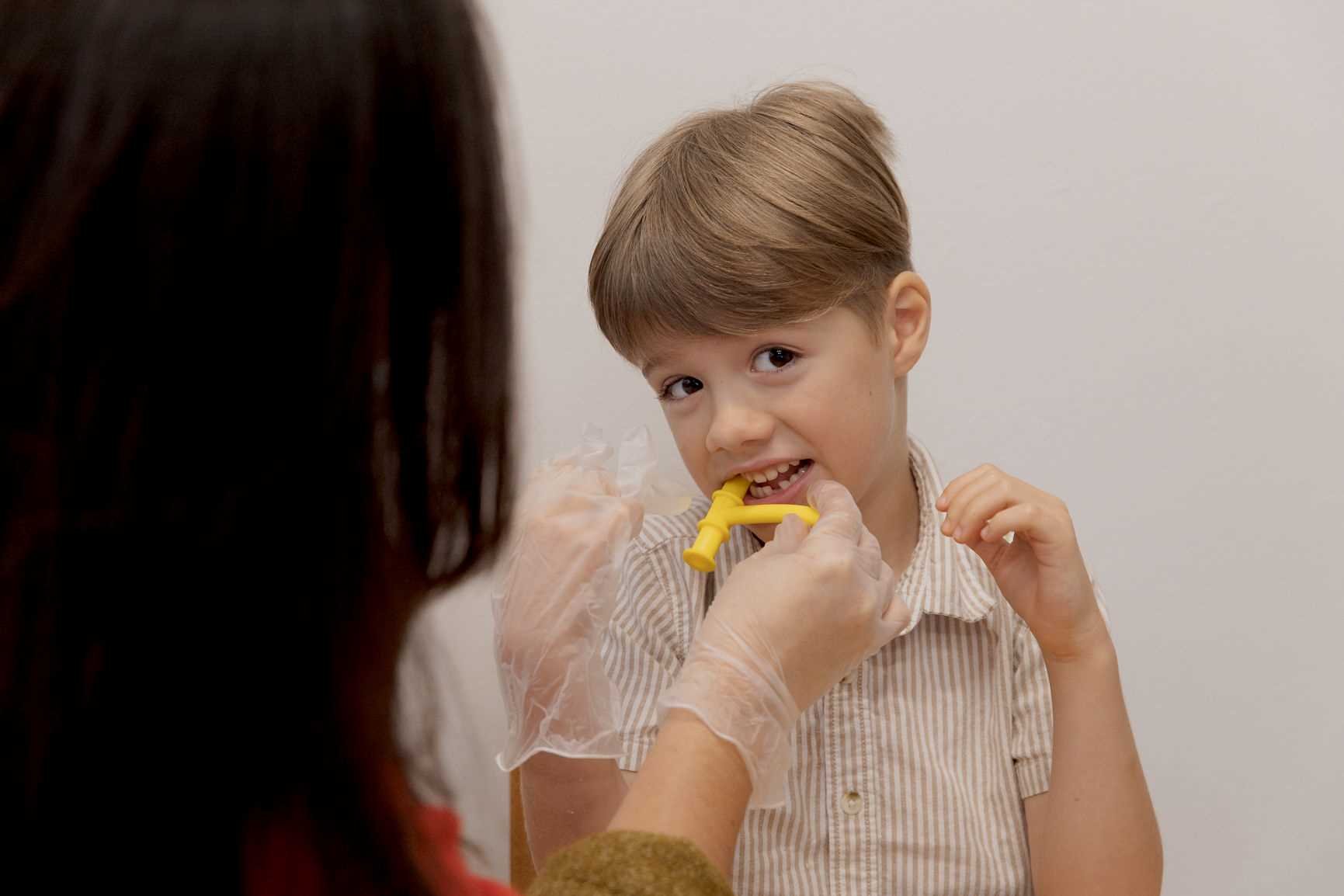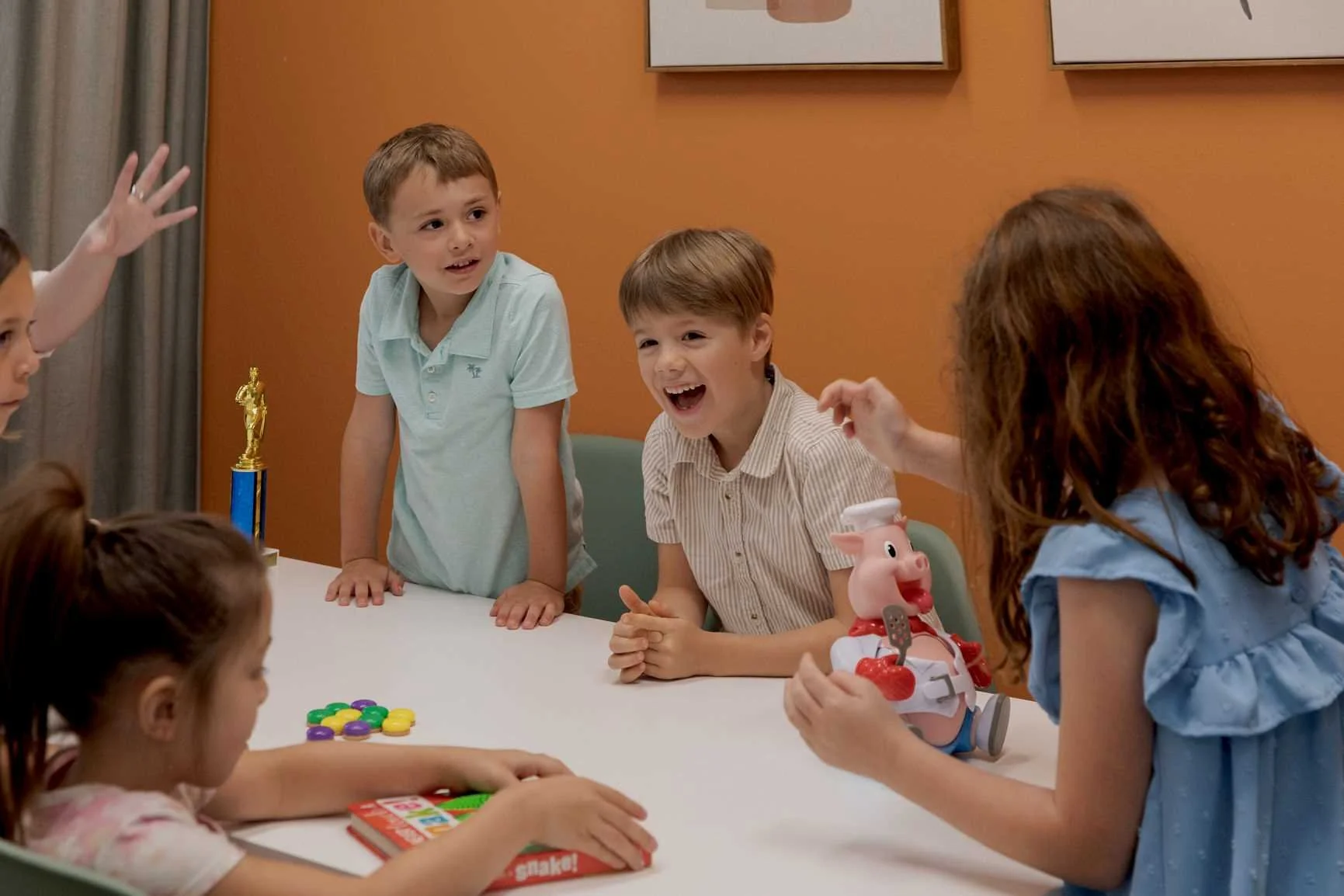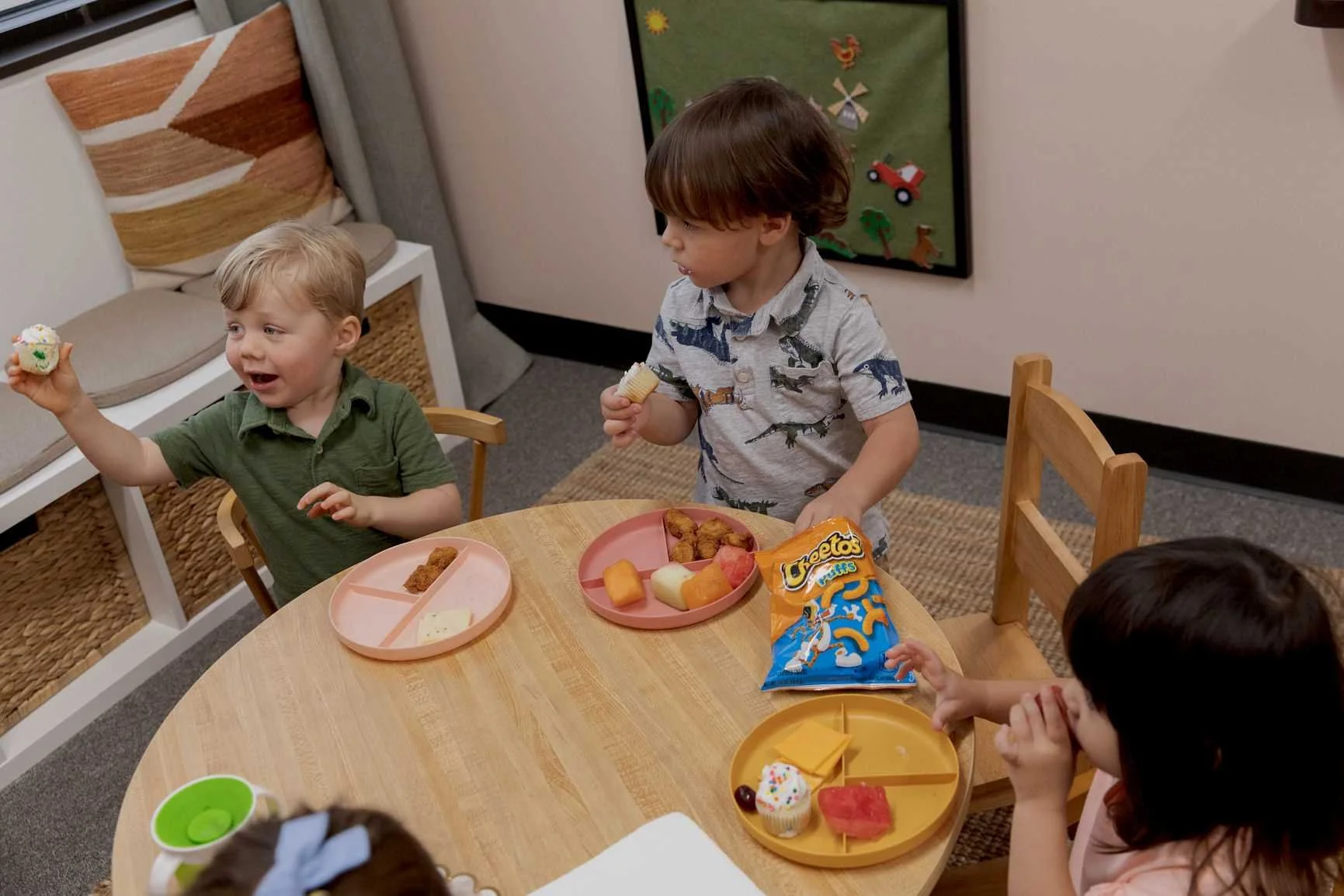Childhood Speech Disorders
What is a speech disorder?
Speech disorders impact a child’s ability to be understood. Speech refers to how a child sounds when speaking. It is not a child’s vocabulary or ability to use and understand words. However, speech disorders do often co-occur with other learning disorders, language disorders and dyslexia.
Speech Disorder Types
Articulation Disorder
An articulation disorder occurs when a child has difficulty producing specific speech sounds correctly. This might include substituting, omitting, or distorting sounds, making speech harder to understand. Speech-language pathologists work with children to teach proper placement and movement of the lips, tongue, and jaw, helping them communicate clearly and supporting the development of strong reading and literacy skills.
Phonological Disorder
A phonological disorder occurs when a child has difficulty understanding and using the sound patterns of language. Unlike an articulation disorder, which is about producing individual sounds, phonological disorders involve patterns of errors, leaving off sounds, substituting one sound for another, or simplifying complex words. Often their intelligibility or speech clarity is poor. Speech-language pathologists assess these patterns and provide targeted therapy to help children produce sounds correctly, improve intelligibility, and strengthen the foundation for reading and literacy skills.
Fluency Disorder
A fluency disorder, commonly known as stuttering, affects the smoothness and flow of speech. Children may repeat sounds, prolong words, or pause unexpectedly, which can impact confidence and communication. Speech-language pathologists use evidence-based strategies to improve fluency, help children manage tension or anxiety around speaking, and support effective language development for academic and social success.
Motor Speech Disorder
Motor speech disorders occur when there is difficulty planning, coordinating, or executing the movements needed for speech. This includes conditions like Childhood Apraxia of Speech or Dysarthria. Speech-language pathologists assess the underlying motor challenges and create individualized therapy plans to strengthen muscle coordination, improve speech clarity, and support communication skills that are critical for both learning and daily life.
Speech Sound Disorders Treatment
Speech disorders involve difficulty with pronouncing the sounds in words. Depending on what type of speech disorder is present, evaluation and treatment may look very different. Generally, we are able to identify speech disorders in children ages 3 or older. In some cases, speech disorders co-occur with language disorders or myofunctional issues. Based on information gathered in the initial consultation, we plan a comprehensive evaluation to determine what may be causing difficulties with speech production or fluency. Taking into consideration the child’s age and the type of speech disorder identified, we create a plan of care with the ultimate goals of increasing speech intelligibility and building confidence in young communicators. Our therapists provide detailed recommendations for home practice activities to maintain progress between sessions and promote generalization across settings.
Schedule your complimentary consultation.
We want your child to be healthy, functional, and happy. If your child wakes up not rested, appears to be struggling with attention, self regulation, emotional regulation, communication, or you’ve recently received a diagnosis, or your pediatrician, teacher, or other professional is recommending speech therapy, book a call today to learn more about how we can help.
Speech Therapy Services

